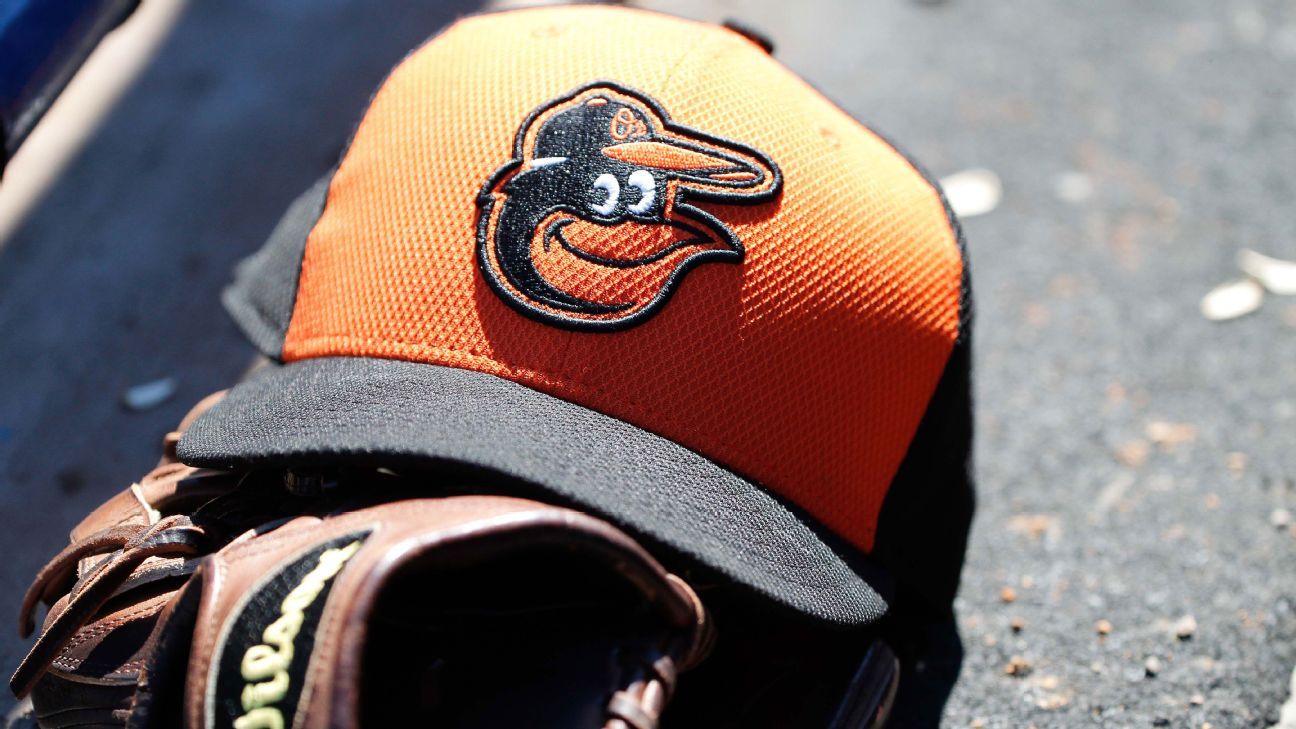
In a wide-ranging interview during Golf’s Subpar podcast, Bryson DeChambeau’s former caddie Tim Tucker opened up – briefly – on his split last month with DeChambeau and explained what it was like looping for one of the game’s most fascinating talents.
Tucker, in a nearly hourlong conversation with hosts Colt Knost and Drew Stoltz, said that he regretted leaving the bag on the eve of the Rocket Mortgage Classic but added there isn’t any “animosity” between the two.
“I made a big mistake in my timing with it,” Tucker said of the split. “It shouldn’t have happened that way; we should have finished out the week. I didn’t mean to put that pressure on him. I’m sure he had a lot on his mind to play in the Rocket Mortgage. I regret how that all went down.”
Scrambling on the eve of his title defense in Detroit, DeChambeau added Cobra’s Ben Schomin to the bag but missed the cut. Prior to The Open, he announced that he would team up with Brian Zeigler, a Dallas-based swing coach who is one of the country’s top young instructors. They tied for 33rd at Royal St. George’s in their first appearance together.
Other than that, Tucker said that it was a “combination” of factors that led him to leave the world No. 6. He is now running a luxury-shuttle service at Bandon Dunes.
“I’ve been very fortunate to be able to caddie for this guy,” said Tucker, who was on the bag for all eight of DeChambeau’s PGA Tour wins, including the 2020 U.S. Open. “He is the hardest-working guy I’ve ever seen, sacrifices everything for this game. ...
“[But] Bryson is very demanding. I think that’s a great attribute from an employer because it makes you get better. If you’re not getting better and learning and pushing everything you’re doing, then you become complacent and start making mistakes and you’re not continuing to grow. He makes you do that, and it’s unbelievable. He demands it from everybody.”
Part of those demands were Tucker’s extensive pre-tournament venue scouting. In the interview, Tucker offered a glimpse into that process, from not just calculating yardages but also factoring in numbers like air density and green density. On Mondays of tournament weeks, Tucker would drop balls on all of the quadrants on the greens, then do the same on the practice putting green to establish a baseline. From there, any subtle density changes in weather or course condition could be monitored and accounted for in the yardages.
“That to me is one of the most important things we’ve done – green density,” Tucker said. “Understanding I’m hitting a 7-iron with 6200 (rpm) spin landing into a 2% slope, it’s gonna run out four yards on a 6mm green density. That’s important and it’s predictable.”
Tucker touched on some of DeChambeau’s other peculiarities, down to how Tucker handed him the putter. He also offered a few examples of DeChambeau’s willingness to try anything in the pursuit of perfection: freezing golf balls and dumping others in a hot tub to see how that affected spin rates; spritzing his balls with water; the infamous 9:30 p.m. range session at Torrey Pines.
Over the past year, Tucker said that Zeigler had accompanied him to a few tournaments, to run him through how they operate. “If something happened and I couldn’t do it, someone needs to step in; the show has to keep running,” Tucker said. And so though he might have had one of the more unique job requirements in the sport, Tucker also dismissed the belief that DeChambeau would suffer without his loyal looper.
“Bryson knows all the answers – I just walk him through the steps,” Tucker said. “He’s got so much going on in his brain. I’m not telling him what to do. We’re just presenting the problem and solving the problem, that’s all.”
In addition to changing caddies, it's been a rocky few weeks for DeChambeau. He blamed his equipment company for his driver struggles at The Open and then withdrew from the Olympics last week after testing positive for COVID-19.















 Phone: (800) 737. 6040
Phone: (800) 737. 6040 Fax: (800) 825 5558
Fax: (800) 825 5558 Website:
Website:  Email:
Email: 






